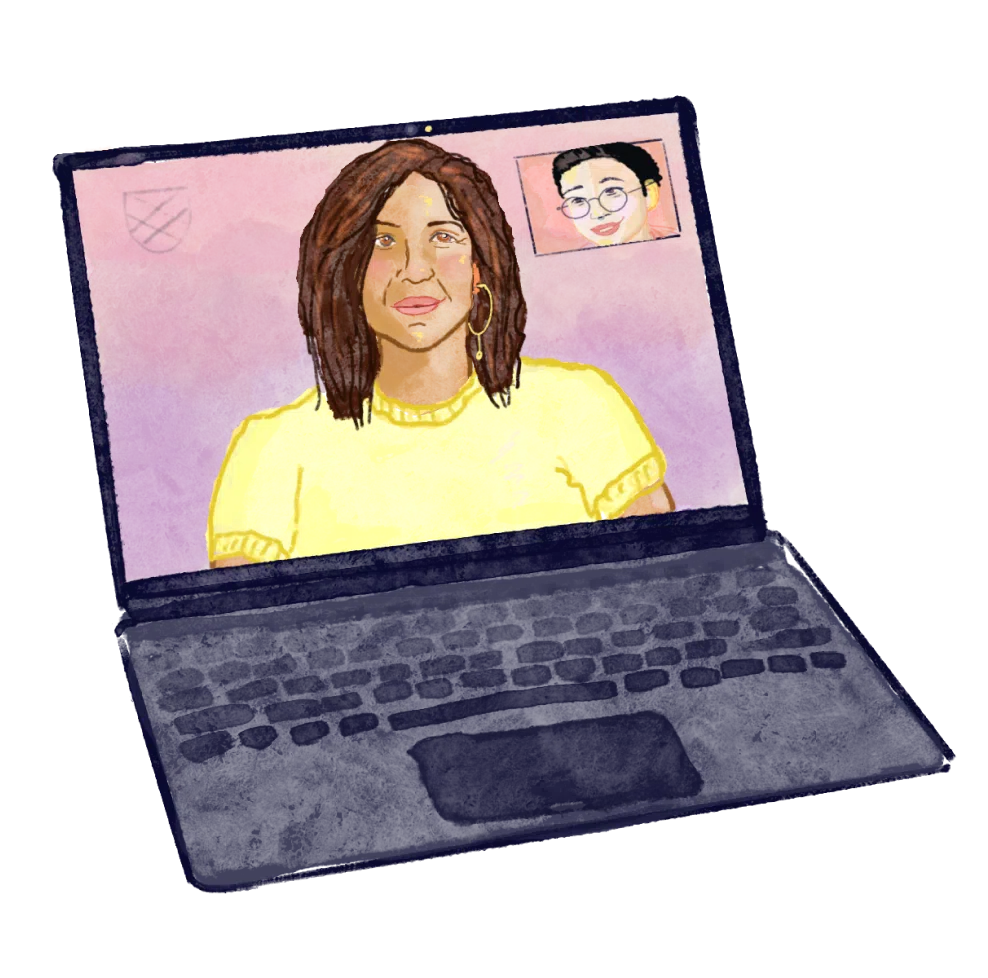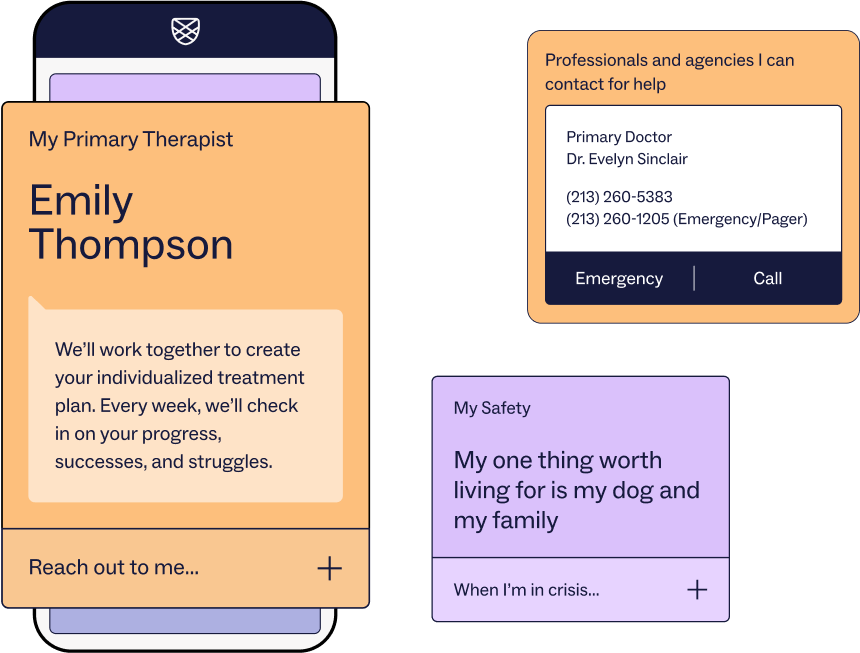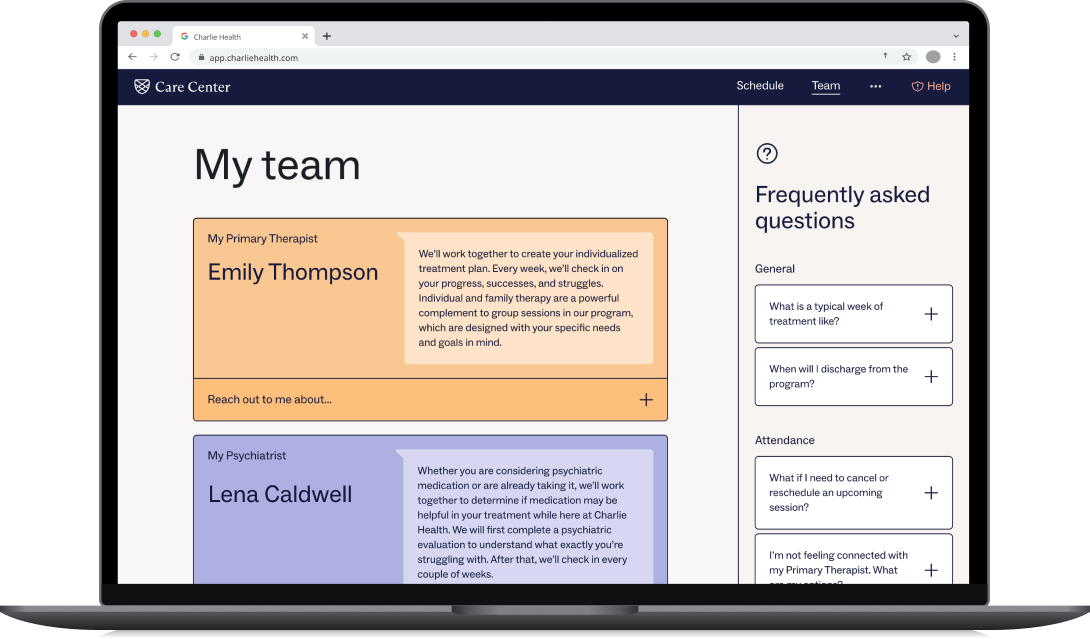Trauma therapy in Boise
Idaho has the second highest prevalence of adult mental illness in the United States.*
We’re here to help.
Trauma is a psychological response to a distressing event or series of distressing experiences that overwhelm a person’s ability to cope, affecting emotional, mental, and physical well-being.
Trauma is a widespread issue, with millions of people experiencing traumatic events each year. Seeking professional treatment is essential to prevent long-term mental health symptoms and improve overall well-being.
What is trauma?
Trauma occurs when a person experiences a deeply distressing event or repeated exposure to traumatic stress that disrupts their sense of safety and stability. Trauma can stem from adverse childhood experiences, sexual violence, serious accidents, natural disasters, or interpersonal violence. It can lead to post-traumatic stress disorder (PTSD), complex trauma, or secondary trauma. Trauma-informed care and evidence-based mental health treatment can help trauma survivors process their experiences and regain control of their lives.
Common symptoms include:
- Fatigue, headaches, rapid heartbeat, muscle tension, digestive issues, dizziness, sleep disturbances, and chronic pain.
- Intrusive thoughts, difficulty concentrating, memory problems, hypervigilance, dissociation, flashbacks, and negative self-perception.
- Intense fear, sadness, mood swings, guilt, shame, emotional numbness, irritability, and difficulty trusting others.

Getting started with trauma therapy in Boise is simple

 Check your insurance
Check your insurance
Call our Admissions Team 24/7 or fill out our quick form to learn more about our trauma therapy options in Boise and verify your insurance
 Personalized match
Personalized match
Get connected with a clinical team that understands your needs


 Personalized match
Personalized match
Get connected with a clinical team that understands your needs

Trauma symptoms, causes, and treatment options
Key signs of trauma
Trauma symptoms vary, but common indicators include persistent anxiety, difficulty regulating emotions, avoidance of reminders of the traumatic event, flashbacks, and distressing nightmares. Trauma survivors may also struggle with self-esteem, forming healthy relationships, and feeling safe in daily life. Without proper support, trauma exposure can lead to post-traumatic stress disorder (PTSD) or other mental health conditions. Recognizing these signs and seeking trauma therapy can be essential for recovery.
Primary causes of trauma
Trauma can result from a single distressing event, such as a natural disaster or assault, or from ongoing exposure to traumatic experiences, known as chronic trauma. Childhood trauma, sexual assault, military combat, serious accidents, or intergenerational trauma can all contribute to long-term mental health challenges. Factors such as lack of social support and prior mental health issues can increase the risk of developing trauma-related conditions.
Treatment options for trauma
Trauma treatment often includes trauma-informed therapy approaches like cognitive behavioral therapy (CBT), exposure therapy, and trauma-focused talk therapy. Mental health professionals may also use techniques such as EMDR (eye movement desensitization and reprocessing) to help process traumatic memories. For those who need structured support, intensive outpatient programs (IOP) provide a comprehensive mental health treatment plan, combining therapy, peer support, and coping strategies to help trauma survivors heal.
How Charlie Health treats trauma in Boise
Individualized treatment plans
Evidence-based modalities
Multidisciplinary support
Immediate availability
Virtual access
FAQS about trauma in Boise at Charlie Health
See All FAQsWhat is trauma?
Trauma is the emotional and psychological response to distressing events, which can lead to lasting mental health symptoms, including anxiety, fear, and difficulty coping with daily life.
What are the common symptoms of trauma?
Trauma symptoms may include physical signs like headaches, rapid heartbeat, and fatigue; mental symptoms such as flashbacks, intrusive thoughts, and difficulty concentrating; and emotional responses like intense fear, mood swings, and guilt. If left unaddressed, trauma can result in post-traumatic stress disorder (PTSD) or complex trauma.
How is trauma treated?
Trauma treatment often involves evidence-based therapies such as cognitive behavioral therapy (CBT), trauma-focused therapy, and exposure therapy. Mental health services may also include support groups and mindfulness practices. For those needing additional care, intensive outpatient programs (IOP) offer a trauma-informed approach to recovery, providing therapy, education, and coping strategies to support long-term healing.
Is trauma treatment available in Boise?
Charlie Health provides comprehensive anxiety treatment in Boise through virtual Intensive Outpatient Programs (IOP), allowing clients to receive personalized care from the comfort of home.
How do I start therapy for trauma at Charlie Health?
If you or a loved one are struggling with trauma, Charlie Health is here to help. Charlie Health’s virtual Intensive Outpatient Program (IOP) provides mental health treatment for people dealing with serious mental health conditions, including both the emotional and physical symptoms of trauma. Our expert clinicians incorporate evidence-based therapies into individual counseling, family therapy, and group sessions. With support, managing your mental health and healing from trauma is possible.
Ready to get started with virtual trauma therapy in Boise with Charlie Health?
*National Council for Mental Wellbeing